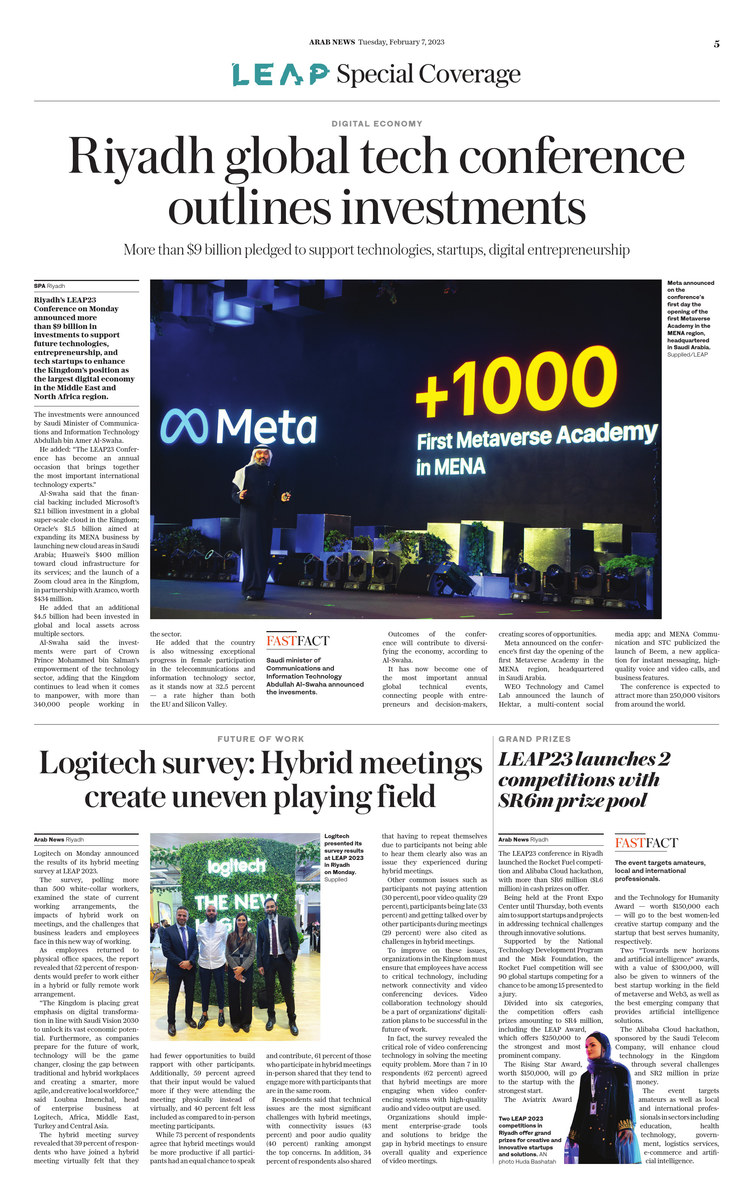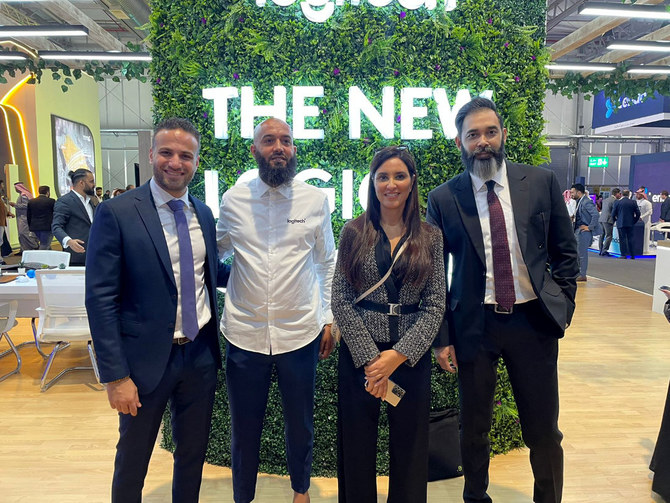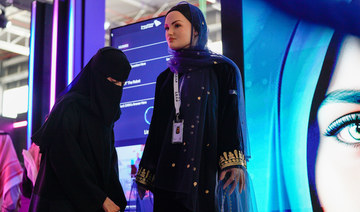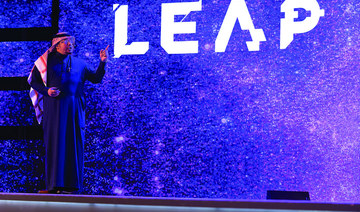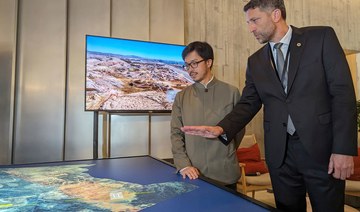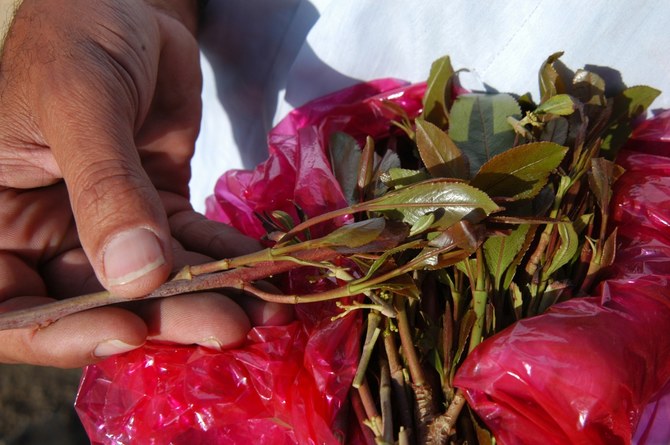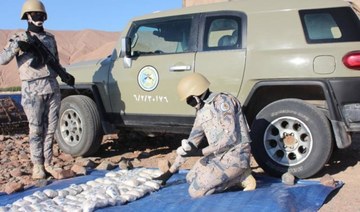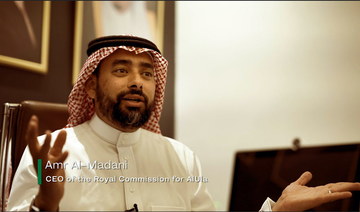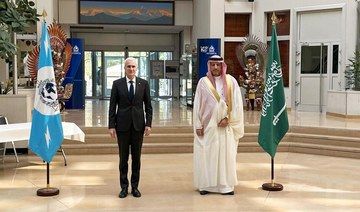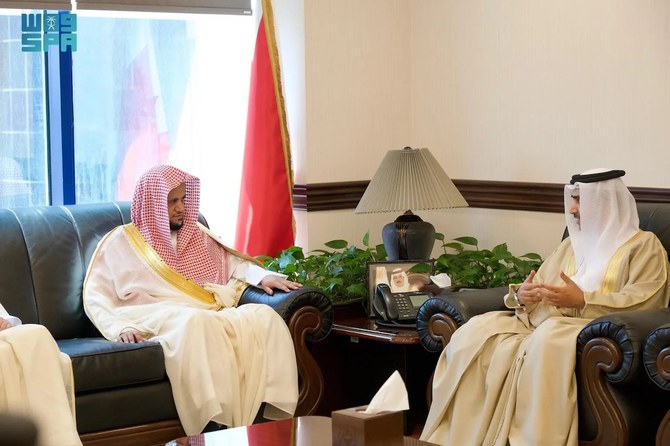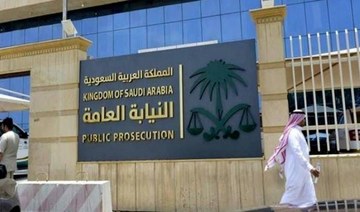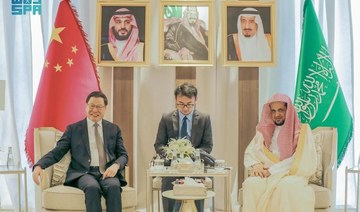RIYADH: Logitech on Monday announced the results of its hybrid meeting survey at LEAP 2023.
The survey, polling more than 500 white-collar workers, examined the state of current working arrangements, the impacts of hybrid work on meetings, and the challenges that business leaders and employees face in this new way of working.
As employees returned to physical office spaces, the report revealed that 52 percent of respondents would prefer to work either in a hybrid or fully remote work arrangement.
“The Kingdom is placing great emphasis on digital transformation in line with Saudi Vision 2030 to unlock its vast economic potential. Furthermore, as companies prepare for the future of work, technology will be the game changer, closing the gap between traditional and hybrid workplaces and creating a smarter, more agile, and creative local workforce,” said Loubna Imenchal, head of enterprise business at Logitech, Africa, Middle East, Turkey and Central Asia.
The hybrid meeting survey revealed that 39 percent of respondents who have joined a hybrid meeting virtually felt that they had fewer opportunities to build rapport with other participants. Additionally, 59 percent agreed that their input would be valued more if they were attending the meeting physically instead of virtually, and 40 percent felt less included as compared to in-person meeting participants.
While 73 percent of respondents agree that hybrid meetings would be more productive if all participants had an equal chance to speak and contribute, 61 percent of those who participate in hybrid meetings in-person shared that they tend to engage more with participants that are in the same room.
Respondents said that technical issues are the most significant challenges with hybrid meetings, with connectivity issues (43 percent) and poor audio quality (40 percent) ranking amongst the top concerns.
In addition, 34 percent of respondents also shared that having to repeat themselves due to participants not being able to hear them clearly also was an issue they experienced during hybrid meetings.
Other common issues such as participants not paying attention (30 percent), poor video quality (29 percent), participants being late (33 percent) and getting talked over by other participants during meetings (29 percent) were also cited as challenges in hybrid meetings.
To improve on these issues, organizations in the Kingdom must ensure that employees have access to critical technology, including network connectivity and video conferencing devices. Video collaboration technology should be a part of organizations’ digitalization plans to be successful in the future of work.
In fact, the survey revealed the critical role of video conferencing technology in solving the meeting equity problem. More than 7 in 10 respondents (62 percent) agreed that hybrid meetings are more engaging when video conferencing systems with high-quality audio and video output are used.
Organizations should implement enterprise-grade tools and solutions to bridge the gap in hybrid meetings such as meeting room devices, personal collaboration devices such as headsets and webcams to ensure overall quality and experience of video meetings.
In today’s increasingly hybrid-based work environment, there are several key aspects companies must consider to enable seamless collaboration, foster engagement, and place virtual meeting participants on equal footing with their counterparts in the conference room:
Equip: Provide teams with enterprise-level equipment such as in-room video conferencing systems, webcams, microphones, and earbuds. This enables organizations to build a consistent, reliable experience that is natively integrated with its ecosystem of choice. Video conferencing systems also provide remote participants with a full view of everyone in the office meeting room through multiple cameras with different perspectives, placing them in the best seat in the room and help them feel more included, leading to more engaging, collaborative meetings.
Simplify: With employees constantly switching between in-office and home work environments, creating an easy employee experience by ensuring that the home office closely resembles their office set-up will emerge as a top priority for organizations. Companies will have to identify pain points for both in-office and virtual meeting participants when setting up internal hybrid meeting systems, considering factors such as usability and complexity of equipment and meeting set-ups.
Empower: Fostering meeting equity requires facilitators and organizers to take an active approach to empower and encourage engagement from virtual participants. They have to practice active facilitation, minimize visual and audio clutter, and minimize side conversations.
The mix of remote and in-person participants, especially in hybrid work arrangements, create unique challenges for companies wanting to run inclusive and participative meetings. Nevertheless, modern video conference technologies such as those from Logitech allow meeting organizers to make the world of work more equitable and productive.
